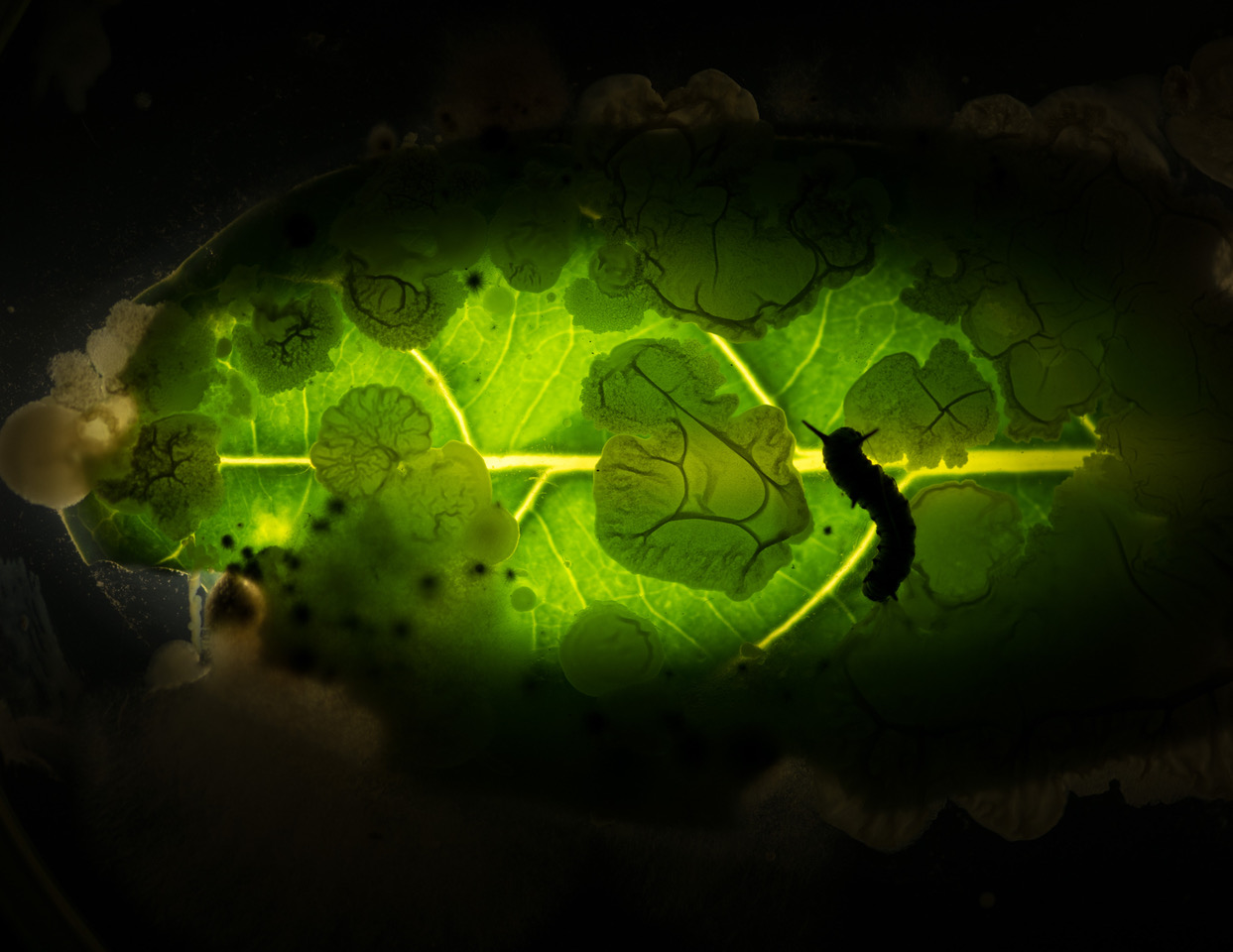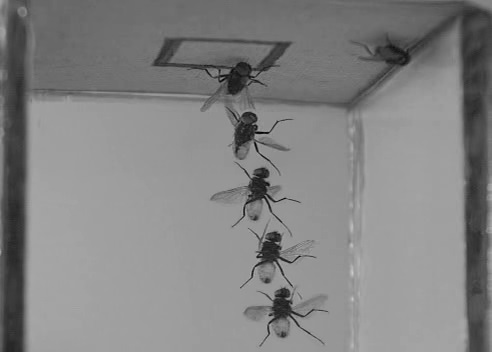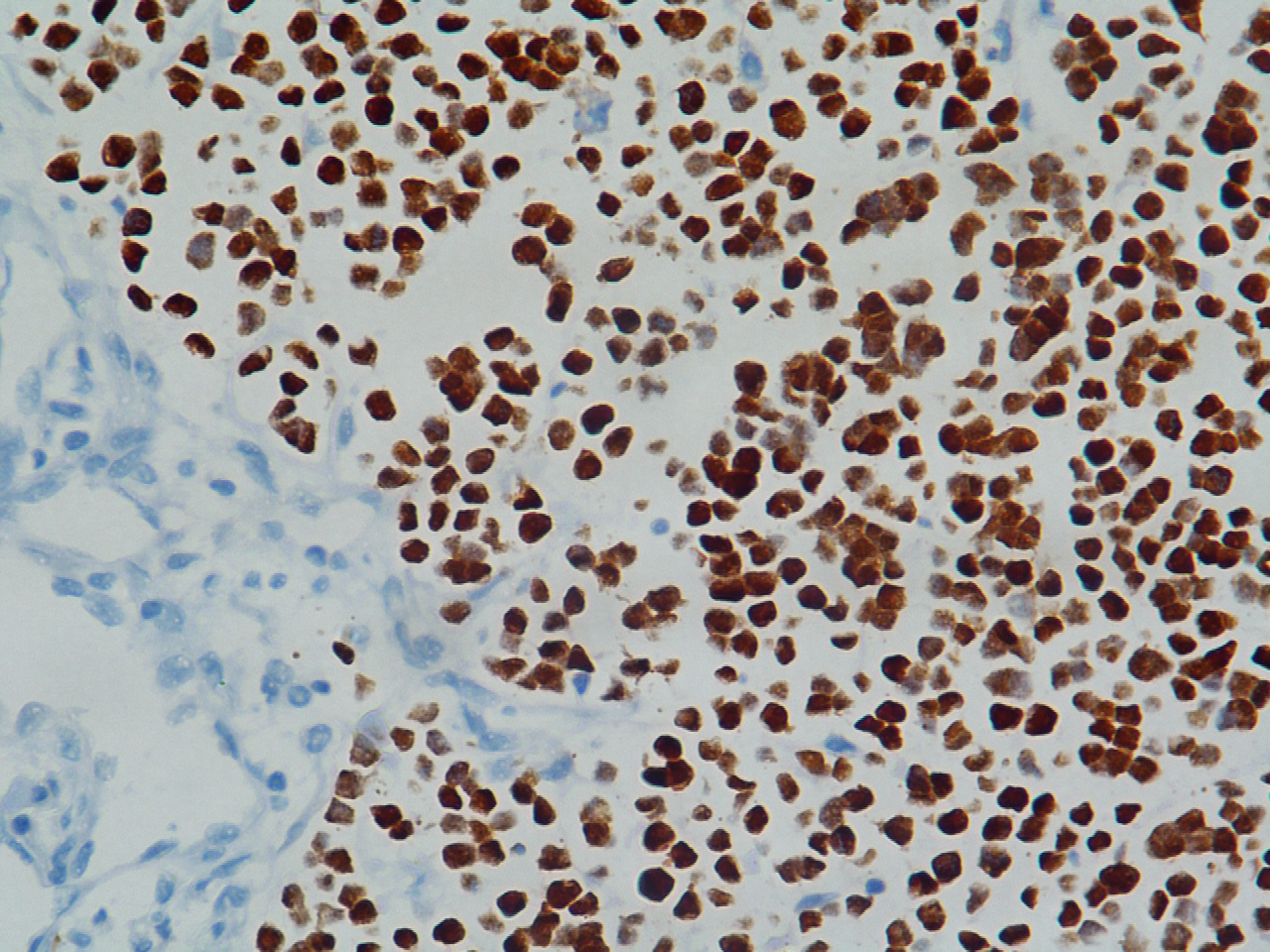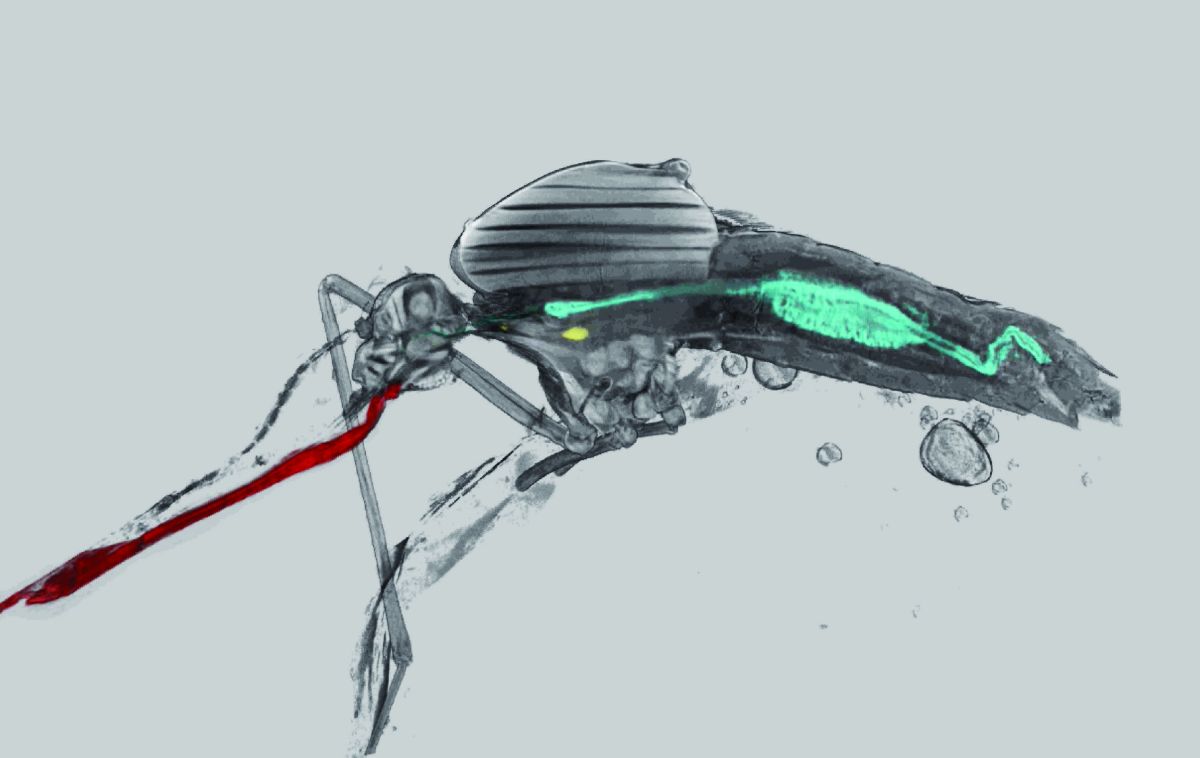-
Bacteria get free lunch with butterflies and dragonflies
For humans, trade is second nature and civilizations have flourished and fallen with the fate of their trade. In fact, the mutual scratching of backs is a cornerstone of many animal societies. On the other hand, deep and sustained mutualisms across species were long thought to be quirks of evolution, where radically different players managed to stick together and trade for mutual benefit.
-
Visit by Dr Pascal Cossart and Dr Didier Roux
Recently, the campus had the pleasure of hosting two eminent French scientists. Dr Pascale Cossart of the Institut Pasteur and Dr Didier Roux of the National Academy of Technologies of France spent time at the Cluster over two days this October.
-
The fly on the wall: ever wondered how it lands there?
A new study from the National Centre of Biological Sciences (NCBS), Bangalore, has thrown some light on the mystery of how flies can land on vertical and upside-down surfaces. Sanjay Sane’s group at NCBS has shown that fly landing maneuvers have two distinct modules of behavior – deceleration and leg extension. The team has found that deceleration or slowing down, is like a reflex action, and sets in at a distance proportional to the speed of flight. In other words, at higher flight speeds, deceleration sets in earlier and further away from the landing surface.
-
Tumor of the touch cells: A first-of-its-kind study in India
The cause of a disease often affects its treatment plan. The need to fill this gap in our understanding of disease biology is further exaggerated in the case of ‘rare’ diseases.
-
25 years of learning to combat cervical cancer
According to the World Health Organization, cervical cancer is the fourth most common type of cancer affecting women worldwide. Currently, early screenings of pre-cancerous tissues and vaccination have proven to be the most effective treatment strategies. However, the lack of such interventions in developing nations has led to its high occurrence. Among the South East Asian nations alone, India has the highest incidence rate of cervical cancer.
-
Subtle changes, big effects
Scientists have recently discovered the mechanism by which a minuscule change in 3 atoms in a protein molecule can affect immune signaling in cells. This ‘butterfly effect’ is used by the bacterium, Shigella flexneri, to survive within the host cells that it infects. Ranabir Das’ team at the National Centre for Biological Sciences (NCBS), Bangalore, has found that a tiny change in the protein UBC13, caused by a bacterial enzyme, creates a cascade of small atomic alterations that add up until they prevent UBC13 from binding to a partner protein, TRAF6.
-
Plant defence mechanism helps build insect immunity
Researchers at the National Centre for Biological Sciences, Bangalore, have identified that plant defence chemicals can help build immunity of the attacking insect herbivore. These results have been published in the Journal of Chemical Ecology on the 06th of August 2019, with their story grabbing the Journal’s cover page.
-
Modified transfer RNAs—cellular DJs for tuning metabolites
Every living cell is no less than a party, with a team of highly trained Disc jockeys (DJs). When major events such as cell division or nutrient droughts happen, these molecular DJs create just the right mix of metabolites and proteins to ensure a seamless transition from one state to another. So, who are these cellular DJs, and how do they do this?
-
Molecular ‘clutch’ puts infection-fighting cells into gear
- International team including University of Warwick scientists identifies proteins that drive activation of our immune response
-
Insect Flight Muscles: as they really are
Mythology across civilisations is a testament to our fascination with flight. Though very different from the flight of birds, insects show remarkably variable and versatile movement in the air. As subset of muscles in insect thoraces called Indirect Flight Muscles act as the engine that powers the beating of wings. To understand how they work, researchers have investigated molecular details of their function, without adequately being to visualise the overall structure.
















